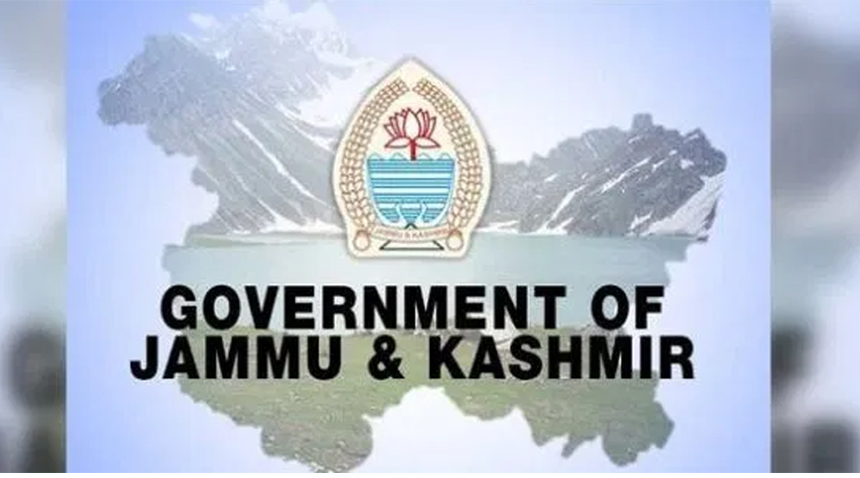Constitution Bench will now hear both the petitions challenging the lockdown and the ones against Article 370
A three-judge Bench of the Supreme Court, led by ChiefJustice of India Ranjan Gogoi, on Monday tagged petitions challenging the Jammu and Kashmir lockdown and lack of access to basic facilities to a Constitution Bench.
The Constitution Bench, led by Justice N.V. Ramana, was scheduled on October 1 to start hearing another batch of petitions seeking to quash the dilution of Article 370, which led to the abrogation of the special rights and privileges enjoyed by Kashmiris for decades.
This Bench would now hear both the petitions challenging the lockdown and the ones against Article 370. The latter petitions have also challenged the Centre’s unilateral move to change the status of Jammu and Kashmir from a State to a Union Territory. It is to be seen if the Constitution Bench would tackle the problem of lock down first and pass any interim orders.
Sending the petitions challenging the ongoing lockdown, theCJI remarked orally “we don’t have time to hear so many matters. We have aConstitution Bench case going on... These petitions will be heard by the Kashmir Bench”.
The ‘Constitution Bench case’ here refers to the Ayodhya appeals which is on the 34th consecutive day of court hearing. Two judges onthe Bench which were so far hearing the J&K lockdown petitions — the CJIand Justice S.A. Bobde, the second seniormost judge in the apex court — arepart of the Ayodhya Bench which is on a deadline to finish the court hearingsby October 18. The appeals are being heard from Monday to Friday till 5 p.m.
Countering the petitions against the lockdown, the Centrehas argued that the move was based on formidable reasons and has stoppedthousands of instances of death, terror and violence in Jammu and Kashmirtaking place from 1990.
The prolonged lockdown has seen many habeas corpus petitionsfiled in the Supreme Court. This includes the petition by a young lawyer,Mohammed Aleem Sayed, worried about his aged parents in Kashmir to Sitaram Yechury,the general secretary of the Communist Party of India (Marxist), to see hisparty colleague M.Y. Tarigami and by Iltija Mufti to see her mother and formerJ&K Chief Minister Mehbooba Mufti. The court, instead of making theauthorities liable to prove their well-being, had allowed the petitionerspermission to travel to J&K and meet them under certain conditions.
Other petitions questioning life under restrictiveconditions in the State includes one by child rights activists Shanta Sinha andEnakshi Ganguli to verify illegal detention of children. There is another filedby a doctor about the lack of medical access.
A petition which has consistently struck a chord is the onefiled by executive editor of the Kashmir Times Anuradha Bhasin about thechallenging media restrictions and information blackout in J&K.
On this, the court has so far adopted a wait-and-watchapproach, expecting the situation to clear up enough for restoration ofcommunications in the Valley.
Ms. Bhasin has argued there has been a clampdown on freespeech since August 4. Her petition sought a relaxation of restrictions and toallow journalists “to practise their profession and exercise their right toreport freely on the situation prevailing in J&K after a clampdown on theentire State on August 4, 2019”.
Ms. Bhasin, represented by senior lawyer Vrinda Grover, hasdescribed the ground situation as that of “absolute and complete internet andtelecommunication shutdown, severe restrictions on mobility and sweepingcurtailment on information sharing in the Kashmir valley, at a time whensignificant political and constitutional changes are being undertaken in Delhito the status of J&K”.
She said the information black-out was “fuelling anxiety,panic, alarm, insecurity and fear among the residents of Kashmir”.
But the government claims that the allegations are wrong andthe people of Kashmir lack nothing.
In an affidavit, the government, on September 16, saidrestrictions under Section 144 had been removed in 93 out of 105 (88.57%)police stations of Kashmir division; in all 90 police stations (100%) in Jammudivision; and in all 7 (100%) police stations of Ladakh division.
It said three months’ stock of essential commodities such asfood grains, LPG cylinders, petrol, diesel, etc. had been ensured. Givingstatistics to the court, the government said 8,98,050 LPG refills werehome-delivered to consumers in the last one month and 6.46 lakh quintals ofration were distributed among consumers in Kashmir. It said primary, middle andhigh schools were functioning normally across Jammu and Ladakh Division (100%)while 97% of all schools were functioning in the Kashmir Division.
Leave a comment
Your email address will not be published. Required fields are marked *


